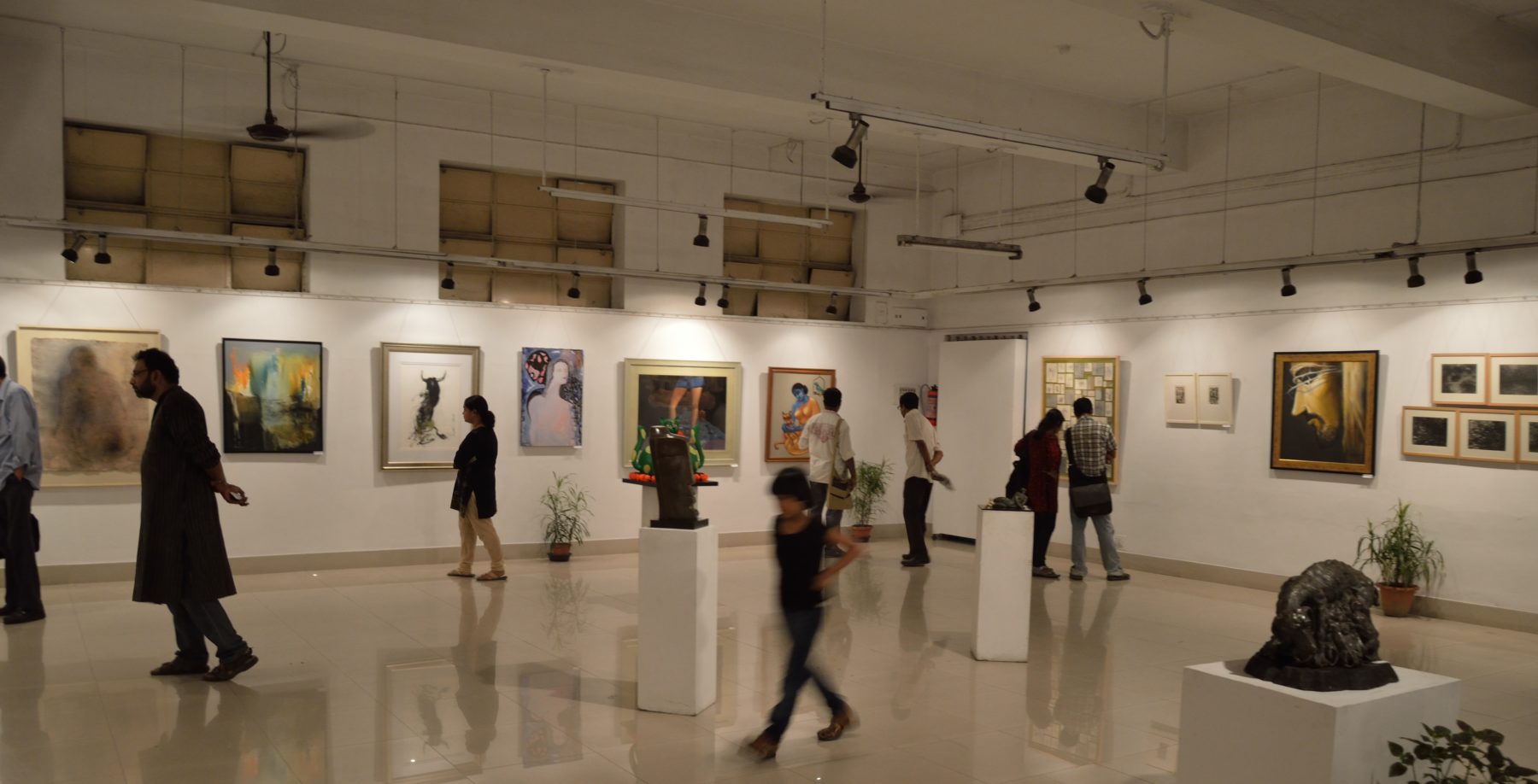This virtual study group (VSG) focused on how COVID-19 has disrupted arts and culture research and policy.
Date: Tuesday, June 16, 2020
CRN hosted two VSGs over two days. Comparative Policy of the Response to COVID-19 occurred on June 17th.
Purpose
Cultural researchers, arts agencies, arts organizations, and artists around the globe are grappling with the COVID-19 crisis, how it is affecting the arts field now, and how it will change the future of the field. As an international forum for cultural research practices, CRN is convening the collective brain power of the network to discuss topics relevant to the crisis. Objectives for this conversation are to allow for shared learning, to understand challenges, to share relevant research, and to provide ideas for future research.
This session explored how cultural research and data sources can help public arts agencies make the case for equitable, sustained cultural funding in the post-COVID-19 economy. What do we know now, where are gaps in knowledge, what do we need to track during/post COVID, to what extent are arts inequities unique and/or reflect larger systems? How is DEI prioritized in COVID-related arts policy responses, and to what ends?
The session was moderated by David Pankratz (Creative Sector Research). Holly Sidford (Helicon Collaborative), Pam Breaux (National Assembly of State Arts Agencies) will join David and attendees in bringing their perspectives and questions to the conversation as discussants.
Notes
Please view notes from the discussion here.
Readings
- Holly Sidford/Helicon Collaborative, “Not Just Money: Equity Issues in Cultural Philanthropy,” 2017
- SMU DataArts/TRG Arts, “Arts and Cultural Organizations: In It for the Long Haul,” 2020
- NASAA, “Covid-19 Resources for State Arts Agencies,” 2020
- Americans for the Arts, “Equitable Investment and LAAs: Research, Goals, and Strategies,” 2020
- Americans for the Arts (AFTA), Equitable Investment Policies and Practices in the Local Arts Field, 2018. https://www.americansforthearts.org/by-program/reports-and-data/legislation-policy/naappd/equitable-investment-policies-and-practices-in-the-local-arts-field
- Americans for the Arts (AFTA), The COVID-19 Impact Survey for Artists and Creative Workers, Segmented by Race/Ethnicity, 2020 https://data.surveygizmo.com/r/391676_5ed80525776907.30859129. Results are drawn from AFTA’s “The COVID-19 Impact Survey for Artists and Creative Workers” http://www.americansforthearts.org/CovidArtistSurvey, a survey that will remain open for the foreseeable future.
- Akonadi Foundation/Kenneth Rainin Foundation, “Mapping Small Arts and Culture Organizations of Color in Oakland,” 2018
- Nonprofit AF/Vu Le, “The Curb-cut Effect and READI,” 2020
- Greater Pittsburgh Arts Council, “Racial Equity and Arts Funding: Executive Summary,” 2018
Panel Bios
Pam Beaux joined the National Assembly of State Arts Agencies (NASAA) in 2015. As president and CEO, she works with the association’s board of directors and staff to advance NASAA’s policy and programmatic mission to strengthen America’s state and jurisdictional arts agencies. A native of Lafayette, Louisiana, Pam has held leadership positions at the local, state and national levels. While in Louisiana state government, she was secretary of the Louisiana Department of Culture, Recreation and Tourism (CRT), assistant secretary of CRT (overseeing its cultural development portfolio), and executive director of its state arts agency (the Louisiana Division of the Arts). During her time at CRT, Pam developed and led Louisiana’s cultural economy initiative and spearheaded the successful UNESCO inscription of Poverty Point State Historic Site (an ancient Indian site) as a World Heritage site.
David Pankratz retired recently as Research & Policy Director for the Greater Pittsburgh Arts Council after a 35-year career in research and evaluation in arts policy, advocacy, and management. Topics of recent research are racial equity and arts funding, impacts of the arts, and individual artists, while his co-edited books include The Arts in a New Millennium. David also held senior positions for EmcArts, The Independent Commission on the NEA, and the J. Paul Getty Trust. He has taught for Carnegie Mellon University and earned his Ph.D. in Arts Policy and Administration from The Ohio State University.
Holly Sidford is Co-Director of Helicon Collaborative, a national consulting firm that works with artists, cultural organizations, foundations and other creative enterprises to make communities better places for all people – more vital, adaptive and just. Helicon focuses on three themes central to healthy communities: equity, sustainability and beauty. Holly has 30 years’ experience leading cultural and philanthropic organizations and is nationally recognized for her work in expanding access to arts and culture, enhancing support for artists, and building organizations’ strategic capacity. Before starting Helicon, Holly was the founding President of Leveraging Investments in Creativity (LINC), a ten-year national initiative to improve support systems for artists. She has held leadership positions at Ford Foundation, The Howard Gilman Foundation, New England Foundation for the Arts and Massachusetts Council on the Arts and Humanities.
